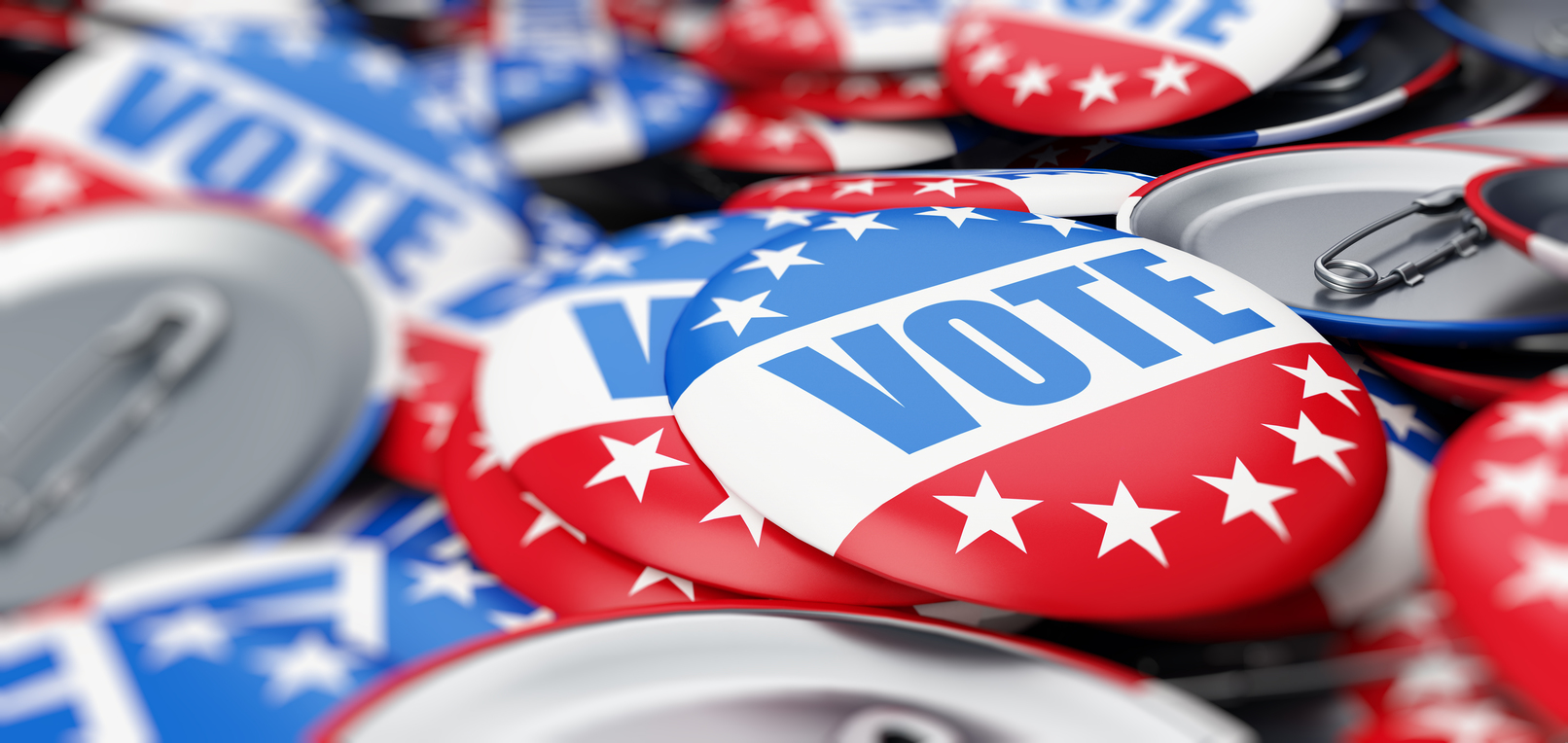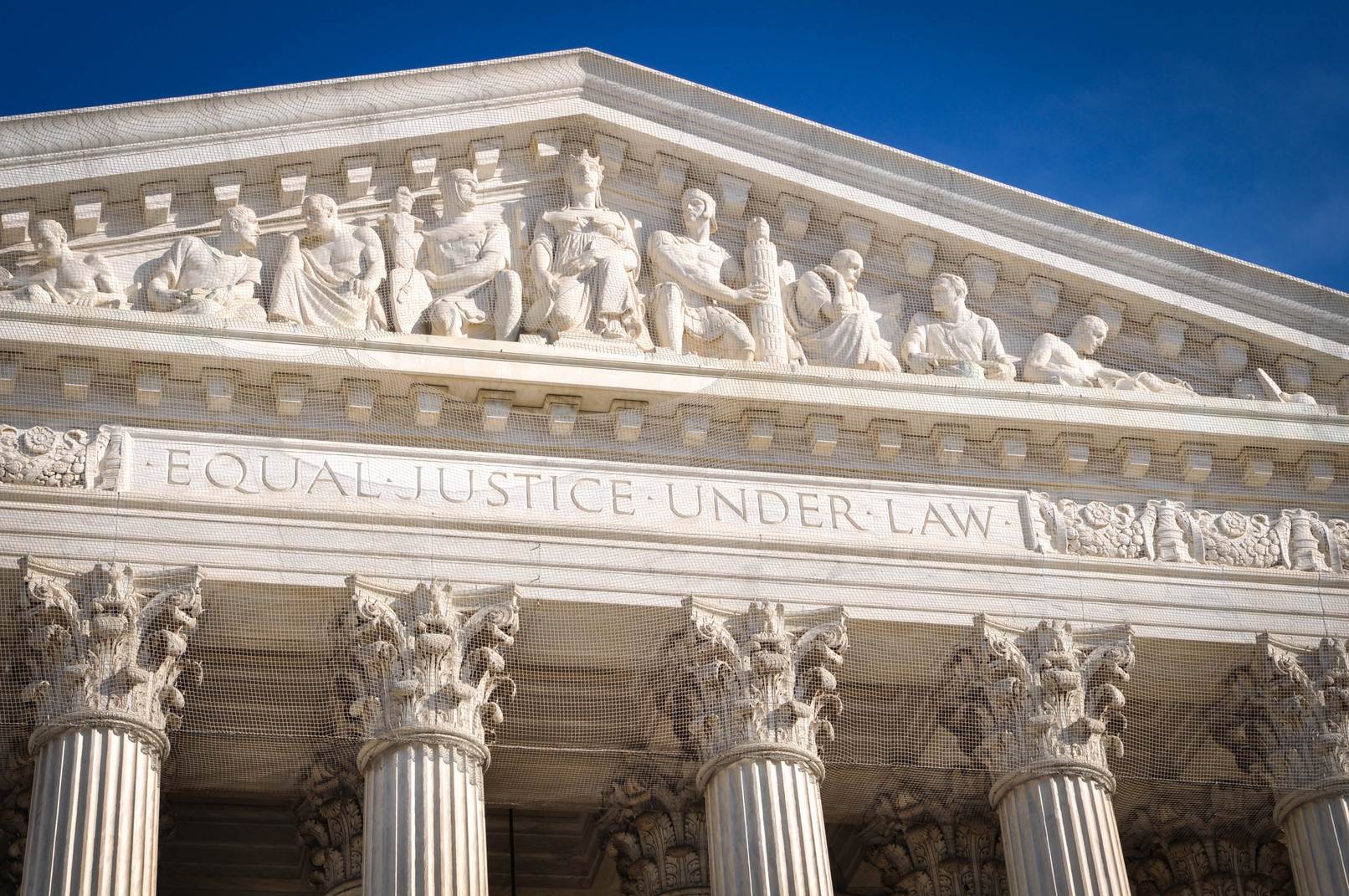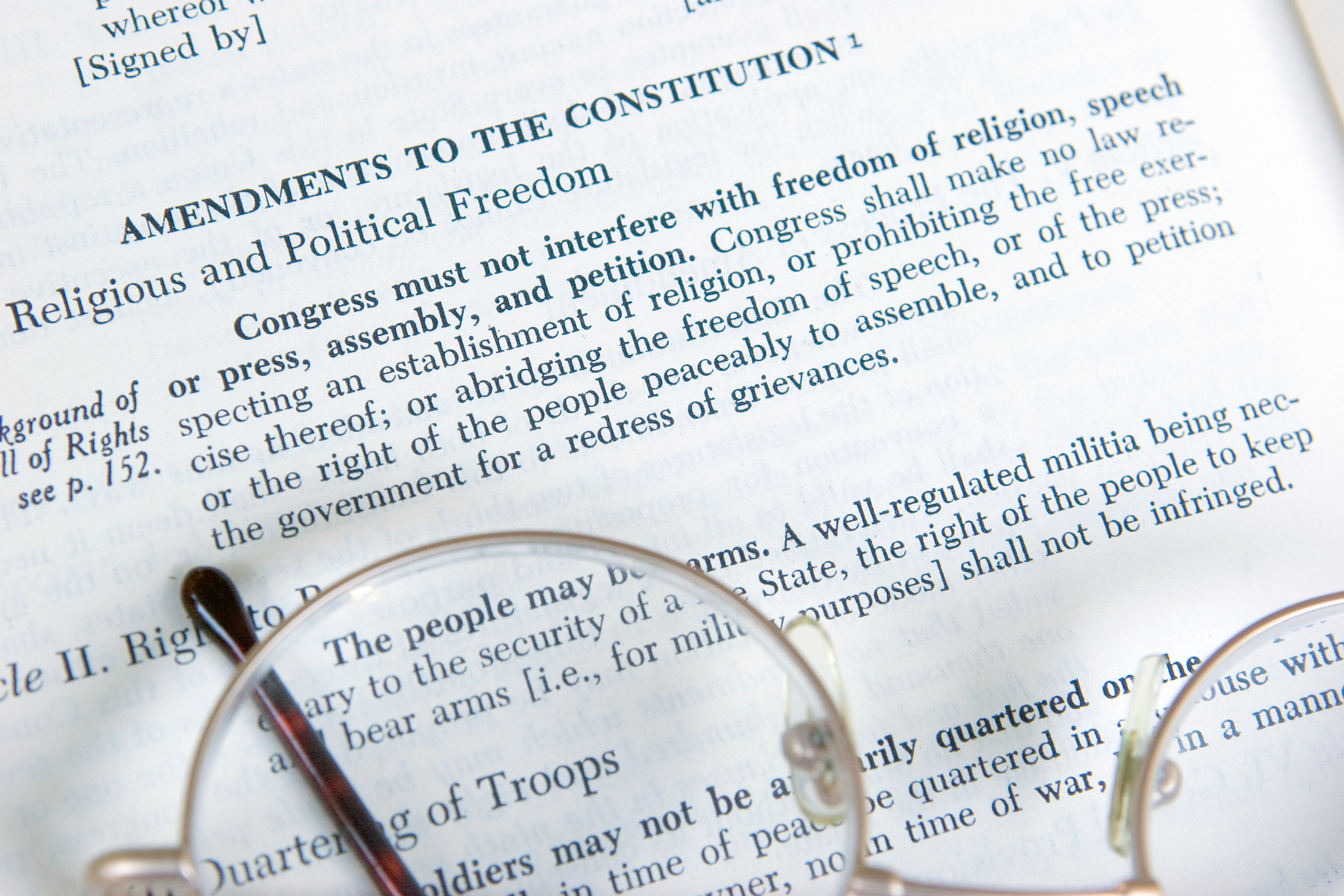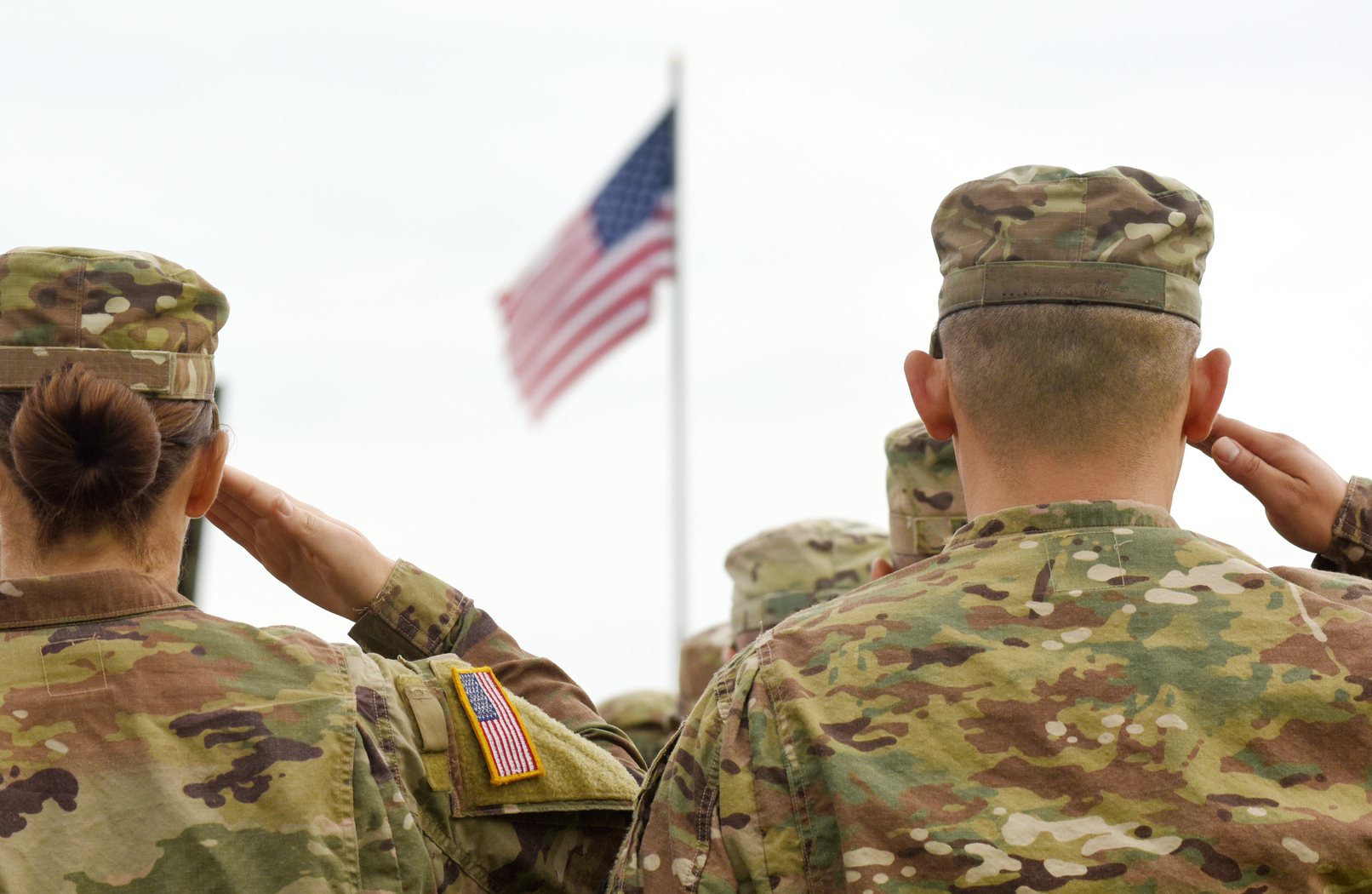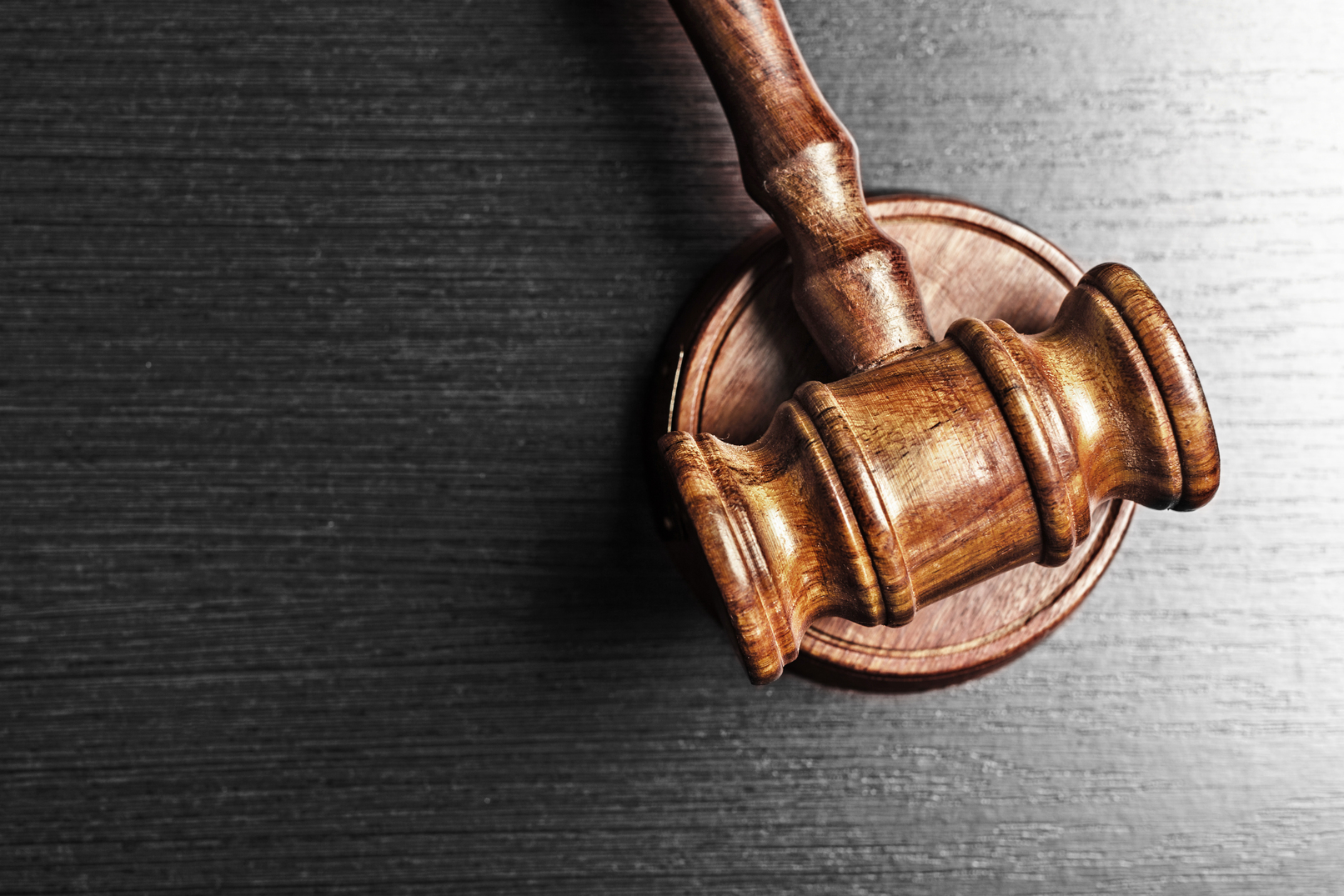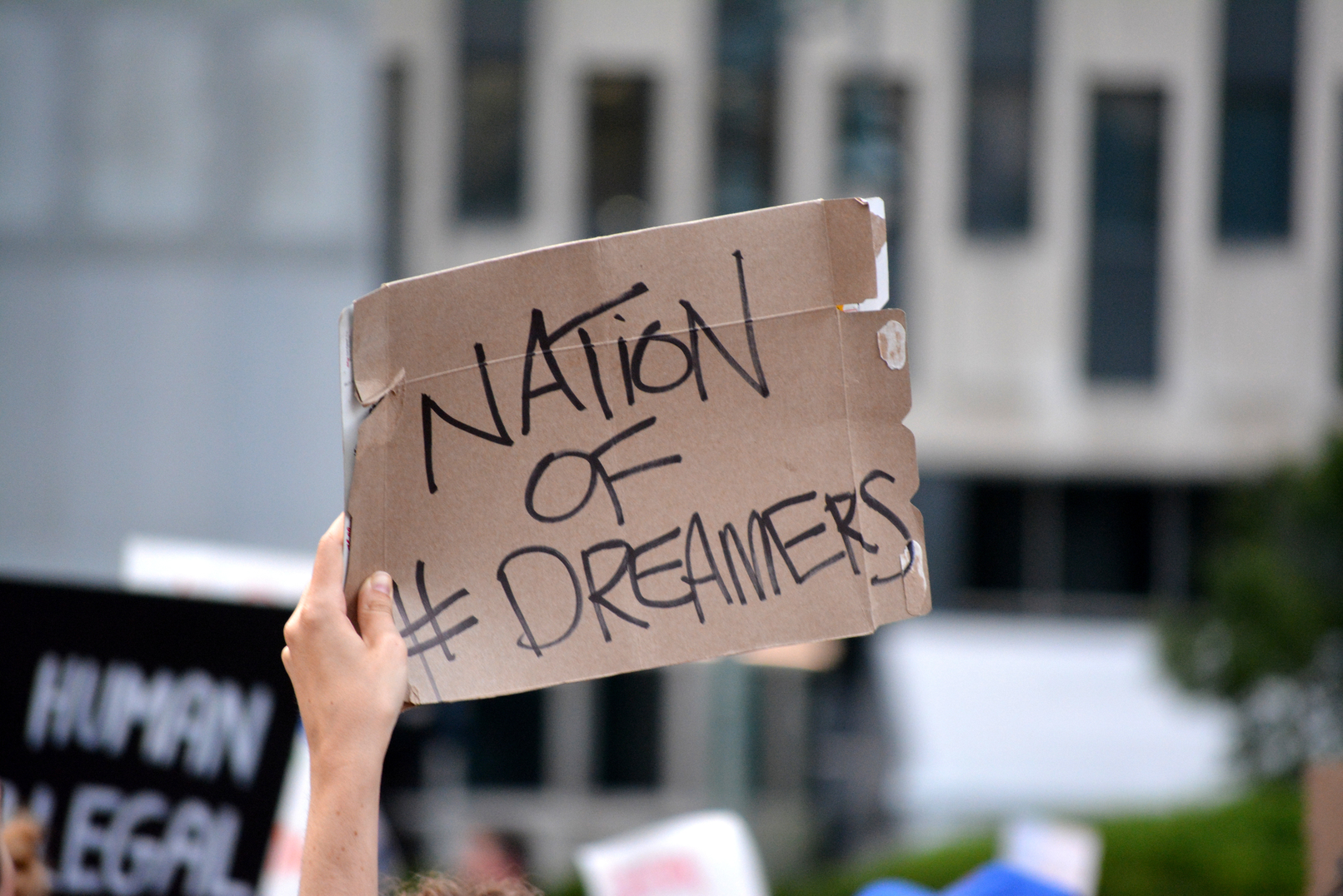Recently, the U.S. Supreme Court, along with judges in a dozen or so other states, has been considering issues of gerrymandering. The courts have primarily questioned whether mapmakers have gone too far by manipulating legislative district boundaries for the advantage of a preferred political party.
Articles Posted in US Supreme Court
US Supreme Court Justice Clarence Thomas is (in)famous for remaining silent during oral arguments, but last week during the oral argument of Flowers v. Mississippi, he broke his silence to ask a question. The case presents a question about whether a Mississippi prosecutor engaged in unlawful exclusion of jurors on the basis of race in the series of trials of Curtis Flowers, who was charged with several murders.
The US Supreme Court issued three decisions this week. In the first, Moore v. Texas, the Court reversed the Texas Court of Criminal Appeals on a death penalty case that had already come before the Court once, during its 2016 term. This time, the Court made its decision without oral argument. In a per curiam (unsigned) opinion, the Court held that the Texas court's redetermination that the defendant in that case does not have an intellectual disability and is thus eligible for the death penalty is inconsistent with with the Court's earlier decision in the same case.
On Tuesday, February 19, 2019, the United States Supreme Court denied certiorari in Katherine Mae McKee v. William H. Cosby, Jr., 586 U.S. ___ (2019), a lawsuit concerning Katherine McKee's claim against Bill Cosby for defamation where Cosby's lawyers released a letter allegedly damaging McKee's reputation for truthfulness and honesty. The First Circuit found McKee became a limited-purpose public figure when she made sexual assault allegations against Bill Cosby and, as such, would need to prove that the statements in the letter were both false and made with actual malice. United States Supreme Court Justice Clarence Thomas, writing a concurring opinion in the Supreme Court's denial of certiorari, called for a reconsideration of the doctrinal basis for First Amendment cases concerning defamation and libel.
On Friday, January 11, 2019, the United States Supreme Court granted certiorari in Gerald P. Mitchell v. State of Wisconsin (Docket No. 18-6210). The case questions whether a civil implied-consent statute in Wisconsin, permitting police officers to draw the blood of an unconscious driver, without consent, is constitutional.
In an order issued today, the US Supreme Court has granted the Trump administration's request to stay orders in two cases filed in federal district courts within the 9th Circuit to block the administration's policy banning most transgender people from serving in the military from going into effect. The Court's decision permits the ban to be temporarily implemented while the cases progress through the appeals process and any Supreme Court review. The Court denied the Trump administration's request to bypass the appellate process completely, but provides a preview of how the Court will likely rule if it hears these cases on the merits.
On Monday, December 3, 2018, the United States Supreme Court vacated the 8th Circuit Court of Appeals's decision in Fleck v. Wetch, No. 16-1564 (8th Cir. 2017) and remanded the case to the 8th Circuit to decide whether mandatory state bar association fees translate to compelled association and compelled speech.
The US Supreme court will not hear two cases stemming from state efforts to prevent Planned Parenthood clinics from receiving funding under Medicaid. Justices Thomas, Gorsuch, and Alito voted to hear the cases, but Chief Justice Roberts and the newly-confirmed Justice Kavanaugh voted with the Court's liberal justices to turn the cases away; four votes are needed to hear a case. This split among the conservative wing of the Court may reflect Chief Justice Roberts' intention to keep the Court out of hotly contested issues, and of Justice Kavanaugh's willingness to follow along, at least for the time being.
Apple will tell the Supreme Court today that it cannot be sued by the iPhone owners who claim that the App Store has an unlawful monopoly.
The US Court of Appeals for the 9th Circuit has ruled against the Trump administration's attempt to phase out the Deferred Action for Childhood Arrivals (DACA) program. DACA permits approximately 600,000 unauthorized immigrants who arrived in the US as children to remain in the country legally by seeking permission from the Department of Homeland Security every two years. Though the Trump administration had asked the US Supreme Court to weigh in on the case pending in the 9th Circuit before the appellate ruling, now that the appellate court has issued its decision, it is even more likely that the Supreme Court will take up the matter in 2019.

